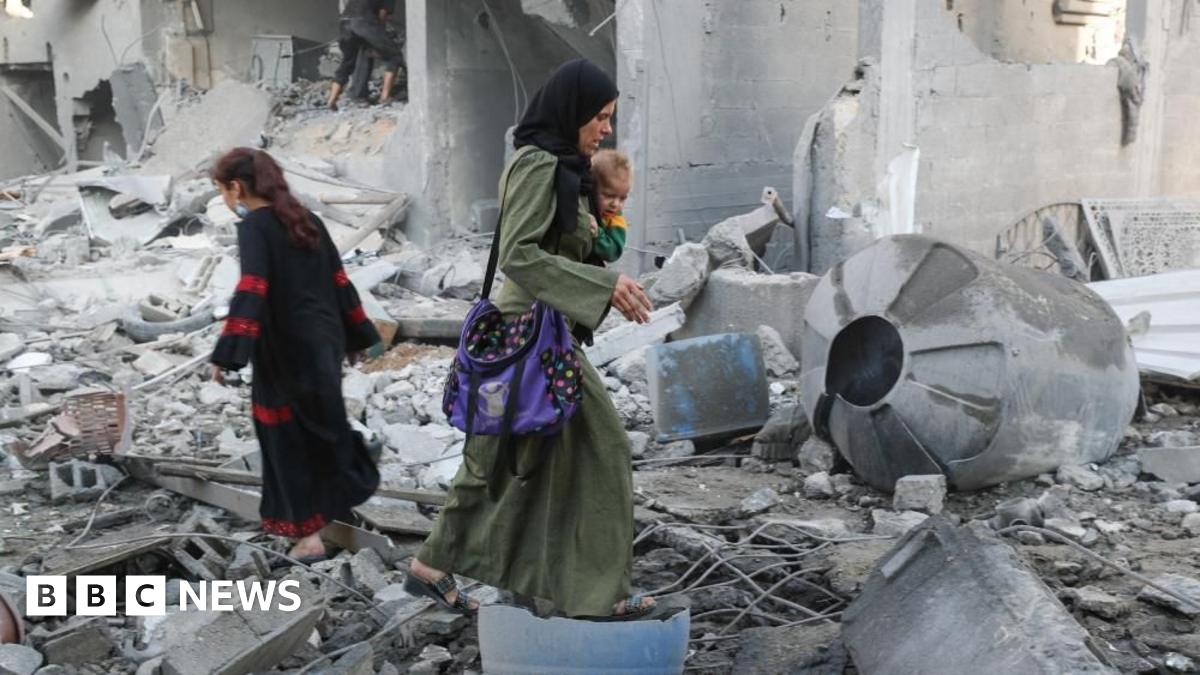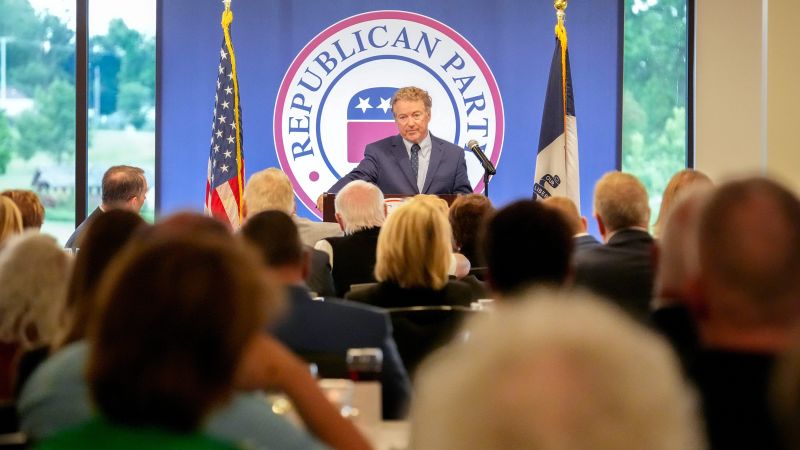Hamas Responds to US Ceasefire Proposal: Demands Modifications Amidst Hostage Pledge

In a significant development within the ongoing conflict, Hamas has responded to the latest US ceasefire plan for Gaza, outlining its position while simultaneously reiterating its commitment to securing the release of hostages. While stopping short of an outright rejection, Hamas is calling for key modifications to the proposal, adding another layer of complexity to the already delicate negotiations.
The US plan, reportedly accepted by Israel according to Washington officials, aims to establish a temporary ceasefire accompanied by the release of hostages held in Gaza in exchange for the release of Palestinian prisoners held in Israeli jails. However, Hamas's response indicates a nuanced approach, acknowledging the framework while insisting on adjustments to ensure a more equitable and sustainable resolution.
Key Demands and Points of Contention
Sources familiar with the matter suggest that Hamas's primary concerns revolve around the duration of the ceasefire, the scope of prisoner exchanges, and guarantees for a permanent end to the Israeli military operation in Gaza. They are reportedly seeking assurances that the ceasefire will lead to a full withdrawal of Israeli forces and the lifting of restrictions on the movement of people and goods into and out of the besieged territory. Furthermore, Hamas is pushing for a more substantial release of Palestinian prisoners, including those serving long sentences for attacks against Israelis.
The Hostage Pledge and its Implications
Despite the disagreements over the ceasefire plan, Hamas reaffirmed its commitment to the release of hostages. This pledge, however, is intricately linked to the progress of negotiations and the fulfillment of its demands. Hamas has repeatedly stated that the release of hostages is contingent upon a cessation of hostilities and a commitment from Israel to address the underlying causes of the conflict.
The release of hostages remains a top priority for the international community, and the ongoing negotiations are focused on creating a framework that can facilitate their safe return. However, the complexities of the situation and the divergent positions of the parties involved continue to pose significant challenges.
US Perspective and Future Outlook
The US government maintains that the ceasefire plan represents a viable pathway to de-escalation and a potential end to the conflict. Washington has been actively engaged in shuttle diplomacy, attempting to bridge the gap between the positions of Hamas and Israel. However, Hamas’s call for modifications underscores the difficulty of reaching a consensus and the potential for further delays.
Analysts suggest that the coming days and weeks will be crucial in determining the fate of the ceasefire negotiations. The ability of both sides to compromise and address each other's concerns will be essential in securing a lasting resolution and bringing an end to the suffering of civilians in Gaza. The international community is watching closely, hoping for a breakthrough that can pave the way for a more peaceful and stable future for the region.
The situation remains fluid, and further developments are expected as negotiations continue. The world awaits with anticipation, hoping for a resolution that prioritizes the safety and well-being of all involved.






